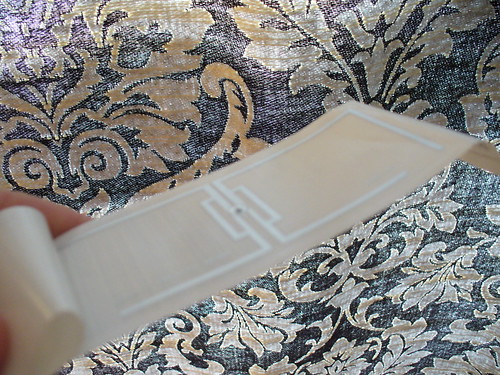It’s nice to have choices. Really, it is. But sometimes it causes the actual, you know, DOING of stuff to lose traction. I’m working on a new webapp, and I spent several hours this weekend going over the pros and cons of various development models:
- Standard dev model, presumably under Django (similar to kenzoid.com’s backend)
- Semi-standard model, but with CouchDB backend (either Django or Paste for framework)
- Some workable framework (either Python or Rails based) with Amazon Web Services for messaging and persistence
- Google App Engine
The standard model would obviously get me up and running the fastest, but I’m really wanting to do some serious work with these dynamic-schema databases (which all of the other choices use). It’s always good when you can learn something new while building something useful, so I’ve been leaning away from #1. Both #2 and #3 are doable, but Google App Engine promised the best of most worlds…dynamic models, etc., plus a framework that I’m very familiar with (supports Python, and includes a hunk of Django templating and such). Plus, it’s the new toy on the block; I’m all about new toys at home! (at work, I’m a production DBA, so I do the pushback thing when new toys show up. DBAs are generally horribly conservative when it comes to new tech and implementation. It’s not that we’re just cranky, though (though that helps). It’s because when it breaks, WE get to keep both pieces, and put them back together, no matter who broke them! But trust me, dev types…I understand the attraction. *grin*)
So I’ve been wanting to choose GAE pretty badly. Problem is…I didn’t make it into the first 10,000 invites. Probably by a long shot; I didn’t hear about it for about 24 hours for some bizarre reason. So there’s some indeterminate amount of time that I have to wait until I could actually publish anything to the world. Note: doesn’t stop development; I’ve already downloaded and started working the the App Engine SDK. But the prospect of no firm date for deployment made me reluctantly push App Engine to the bottom of the pile.
While I was making that decision, I wasn’t reading my GMail, though. I got my invite yesterday!! Google App Engine…front and center! I’m hip deep in the docs now, and hope to have something usable fairly soon. And since Google’s doing the admin heavy lifting, I can leave my DBA hat at the day office. Yay! Updates soon, true believers.
Also on:


